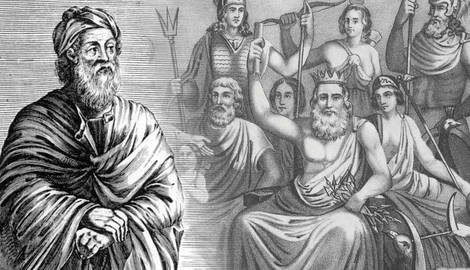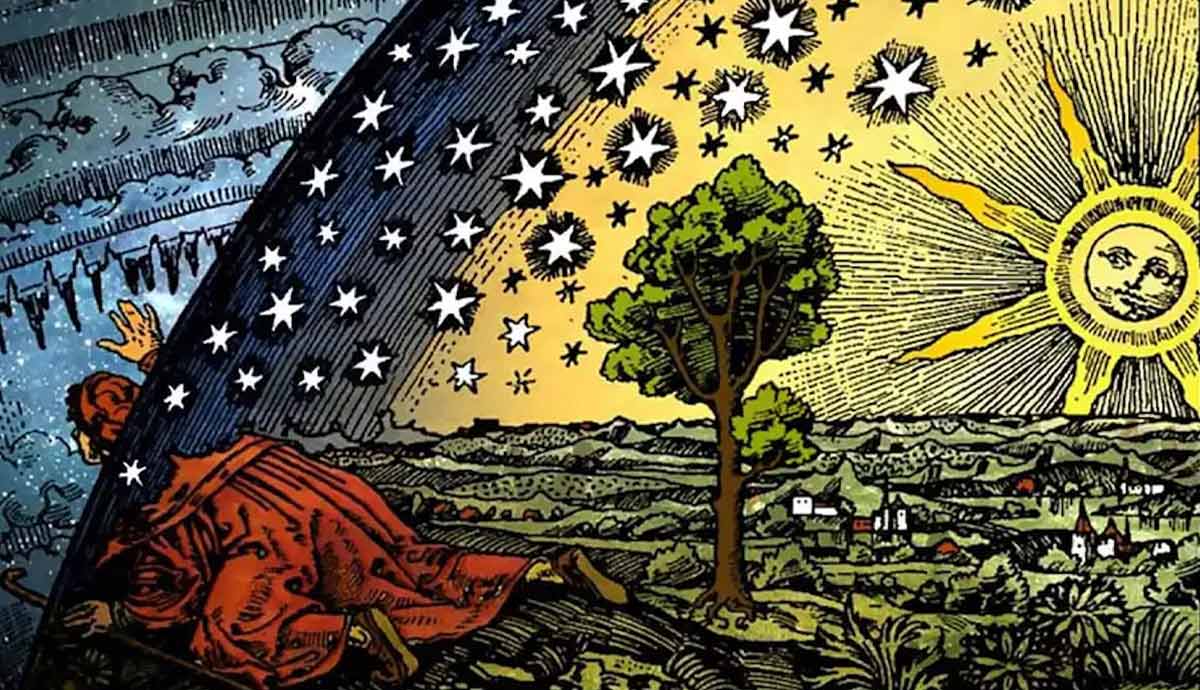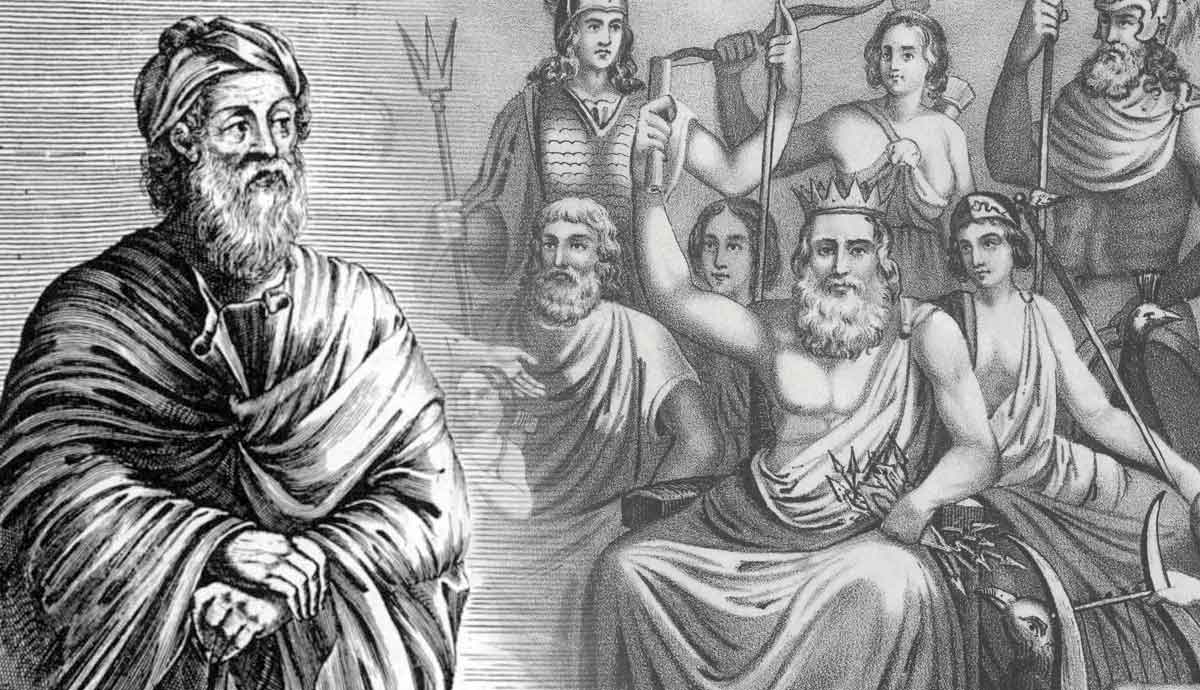
In ancient Greek mythology, gods were depicted as having human emotions, flaws, and physical appearances. Xenophanes thought this was silly. Why would gods look or behave like people? The philosopher dared to wonder if there might be a deeper meaning behind these stories—a truth that went beyond our human understanding of divinity. Xenophanes’ thinking didn’t just shake up the religion of his time. It also sparked one of the Western world’s first debates on skepticism: How can we know anything for certain?
Xenophanes’ Critique of Anthropomorphic Gods
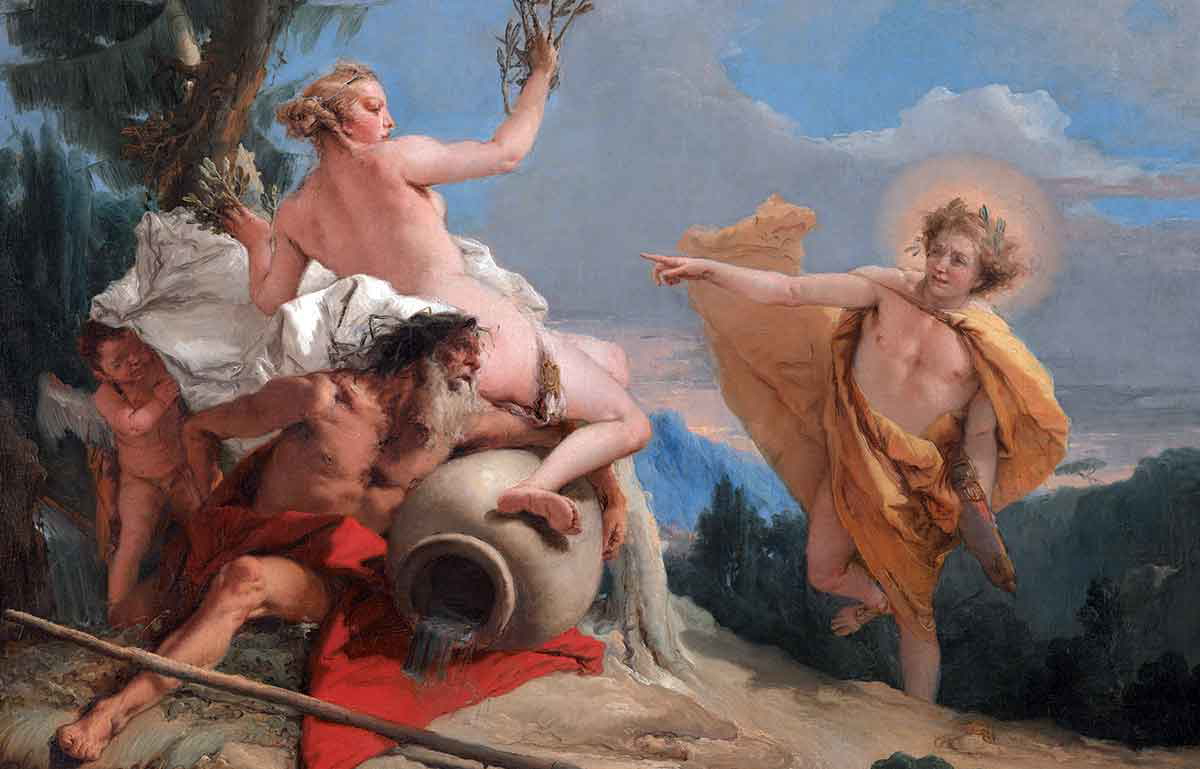
Xenophanes’ primary critique was that individuals fabricate gods in their own image—deities with faults and feelings. Ancient Greek mythologies exemplify this as they present gods who possess great power but also display human frailties such as love affairs, fits of jealousy, or destructive rages.
Take Zeus, for instance: he is often unfaithful to his wife (and gets away with it). Meanwhile, Hera spends a lot of her time punishing people who she feels have slighted her while making sure everybody knows they are hers alone.
Xenophanes simply could not believe what he read in Homer and other poets: how could anyone think immortals would behave no better than badly brought-up children?
He once made the point that humans always think other beings must be like themselves—and used the amusing example of animals’ views on gods to drive it home.
Xenophanes said if horses could draw, they would make horse gods. Cows would create cow gods, and so on. Creatures tend to imagine a divine world looking pretty much like their own. This tells us a lot about what religious animals we are.
However, the Greek poet, born around 570 BC, didn’t just criticize the appearance of deities. He went further. Why should gods have human faults such as jealousy or quarrelsomeness? Wouldn’t it be better to admire them for being perfect—never changing, all-powerful—as well as awe-inspiring?
By pointing out how limited his contemporaries’ thinking was, Xenophanes raised a more profound question, too. Can we ever know what (if anything) lies behind appearances—let alone understand its nature? Or are we simply projecting human characteristics onto the sky because that’s all we can do?
The Problem of Divine Morality
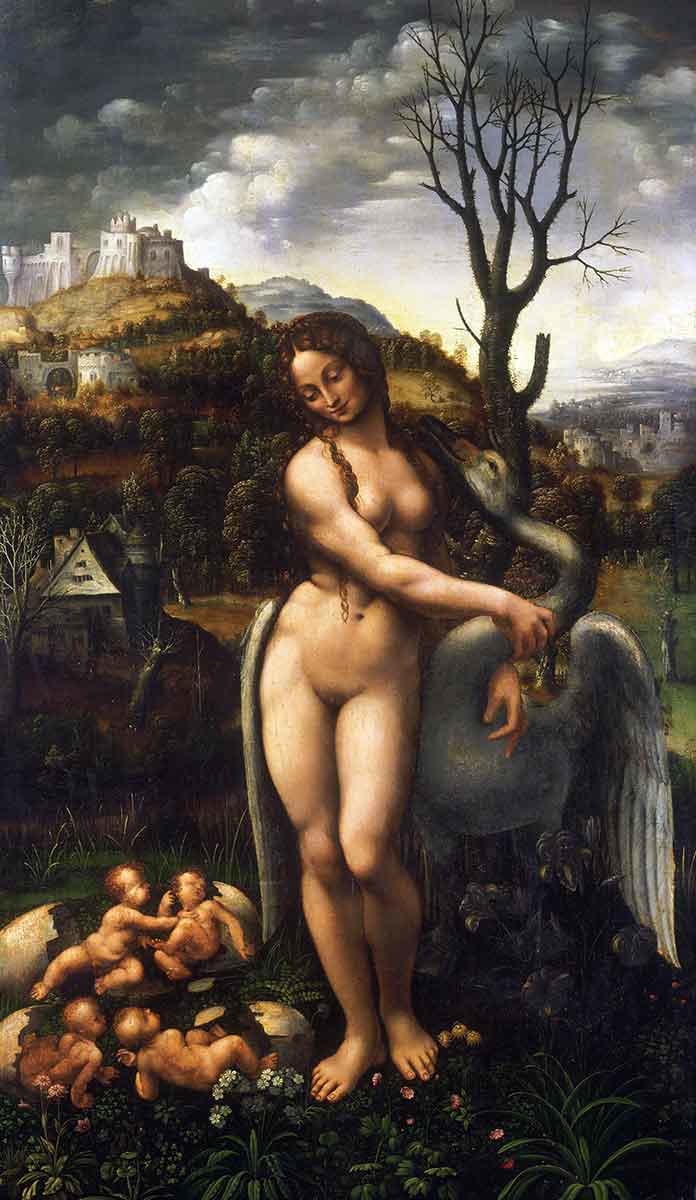
Xenophanes disagreed with how the Greek gods were depicted in stories by Homer and Hesiod. He said their behavior wasn’t very god-like at all. Why call them immortal and divine when they act like jealous, vengeful humans who get bored married—or lie on principle?
Take Zeus again: throughout these epics, he’s shown committing adultery whenever he feels like it (often enough), as well as deceiving people for fun. This, of course, makes his wife Hera furious—an emotion we’ll be hearing a lot more about from her.
Such actions by the king of gods do not paint a picture Xenophanes finds appealing. One might say they make the Olympians look meaner than necessary—or just plain petty. Far from setting moral standards worth following, these deities are selfish brutes if this literature is to be believed at face value.
Disputing these examples, Xenophanes put forward the idea that a god worth worshiping must be morally better than humans and free from things like anger, jealousy, or telling lies. He believed that if gods existed, they should be perfect—not just more powerful versions of ourselves.
Stories about gods told by poets such as Homer and Hesiod were very popular in Ancient Greece. But Xenophanes thought their work was blasphemous because it suggested deities behaved no differently from people.
By showing how ridiculous this was, Xenophanes wanted to show there could be a different way of looking at religion, which made sense both logically and morally.
Xenophanes’ Concept of a Singular, Supreme God
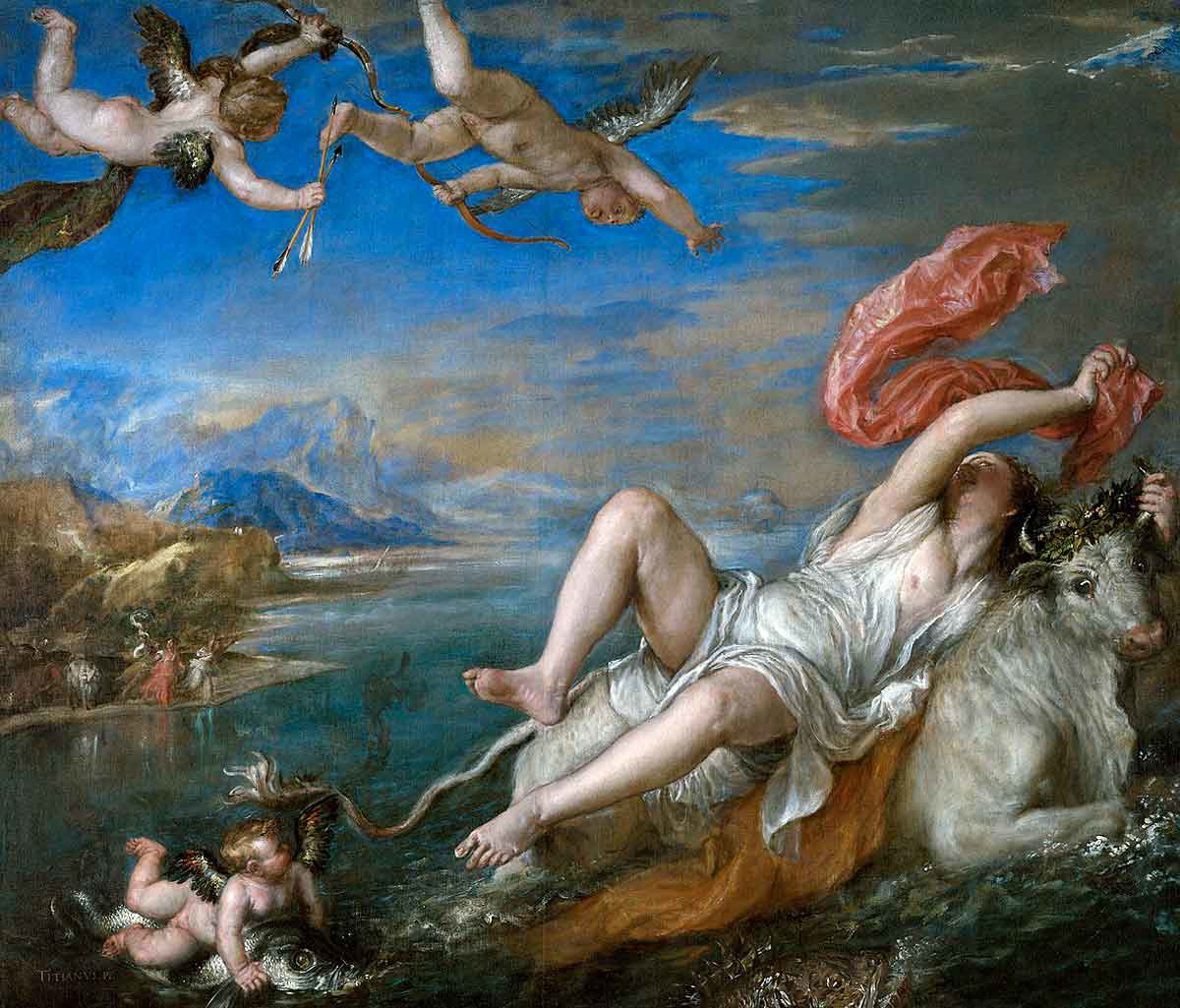
In ancient Greek philosophy, Xenophanes shook things up by proposing the revolutionary idea of a single, all-powerful god. This was a big deal because back then, people believed in lots of gods who acted like superpowered humans—they made mistakes, fell in love, got jealous, and even fought with each other.
Xenophanes’ god was nothing like this. It didn’t have a body or a personality. There was nothing it could do because it knew and controlled everything without moving at all. For example, when Xenophanes talked about his god being “jealous” or “getting angry,” he wasn’t saying he ever actually felt those emotions or did things out of them like Zeus did.
This way of thinking was very different—and new. Xenophanes believed there was one god who knew everything, did not have to move as people did—and made things happen just by thinking about them.
He said: “But without effort he sets in motion all things by mind and thought.” What Xenophanes described was a being whose power came from thinking cleverly. Not strength or force as humans know it.
These ideas were radical because, up until then, everyone had thought gods were like really big humans—only more so. They had flaws such as jealousy, getting angry, etc. This new idea suggested an understanding beyond human characteristics towards something entirely abstract, without any faults at all.
Xenophanes’ ideas were to take Greek religious notions along these lines closer toward monotheism: the belief there is only one God. This opened up lots more questions both then and afterward about what exactly divinity entails.
Critique of Religious Tradition and Human Knowledge
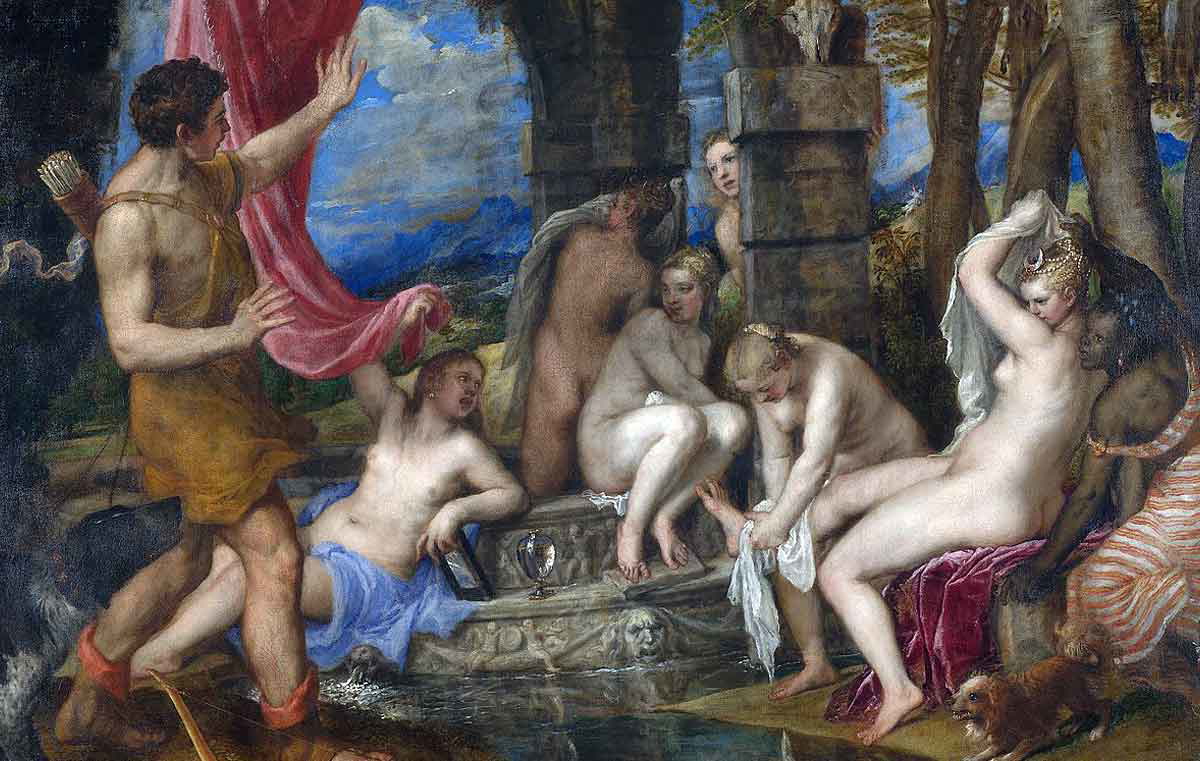
Xenophanes did more than criticize gods who resembled human beings. He also probed the basis of human knowledge—especially when it came from religious tradition. The ancient Greek thinker deeply doubted that people could ever truly understand divinity.
He said individuals might think they knew what gods are like, but these beliefs merely reflected human limitations. Xenophanes suggested that when humans attribute emotions, faults, or appearances to gods, they are projecting their own cultural habits rather than anything knowable.
His doubt can be seen in his famous quote: “No man knows or ever will know the truth about the gods and about everything I speak of; for even if one chanced to say the complete truth, yet oneself knows it not but seeming is wrought over all things.” Xenophanes thought that even if we did find out the truth regarding divinity, there is a possibility we would not realize it because human comprehension has limits.
This criticism was broader than just religion or gods. It went to the heart of how much we can know as human beings. He believed simply following established ways of thinking (what he called “tradition”) was no guarantee of having correct information about the divine—and might well perpetuate our own psychological flaws.
The Greek thinker’s ideas were groundbreaking. They encouraged later philosophers to question widespread beliefs with even greater thoroughness when seeking to understand both the natural world (reality) and beyond it (divine things).
Epistemology and the Limits of Human Understanding
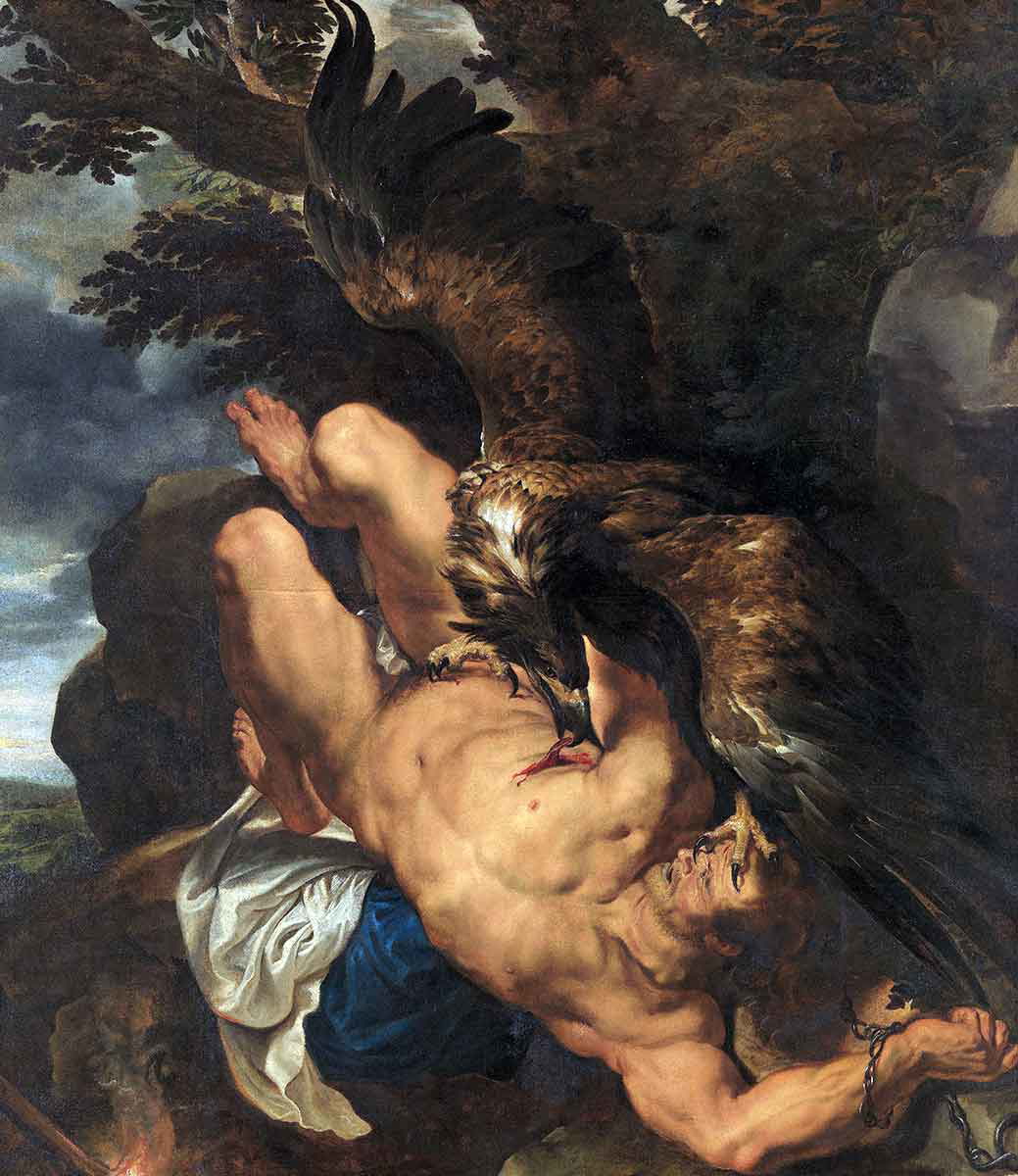
Xenophanes approached epistemology—the study of knowledge—with a healthy dose of skepticism about what humans can understand, especially when it came to gods and the universe. He thought we all have limits when trying to get to the truth.
Even if somebody did manage to find out absolutely everything—well, they might not know they had. This view shows us how Xenophanes believed our own shortcomings and prejudices stop true things from looking true to us.
Religion was a key area in which he thought these limits showed up. People make gods that look like them, with human feelings and flaws, simply because that is what makes sense to them. It is an idea sometimes called anthropomorphism.
By doing this regarding divinity as well as aspects of the world that were too big or different for us to really grasp, he reckoned there were basic things we just could not properly understand. The way human beings perceive gods is intimately connected with their own nature.
The skepticism of Xenophanes created the foundation for upcoming philosophical ideas. It especially affected the Eleatic school, which thought about what is real and how people can know things.
He also influenced Socrates and Plato. They investigated questions such as “What does it mean to really exist?” versus “How does something only seem to be true?”
Xenophanes also wondered how much we can ever understand: What are the limits to human knowledge? However, his questioning went further than simply criticizing religion—it was more like challenging us all: Do we really see the world for what they are? Do any of us (ever) know anything?
Xenophanes’ Influence on Later Philosophical Thought
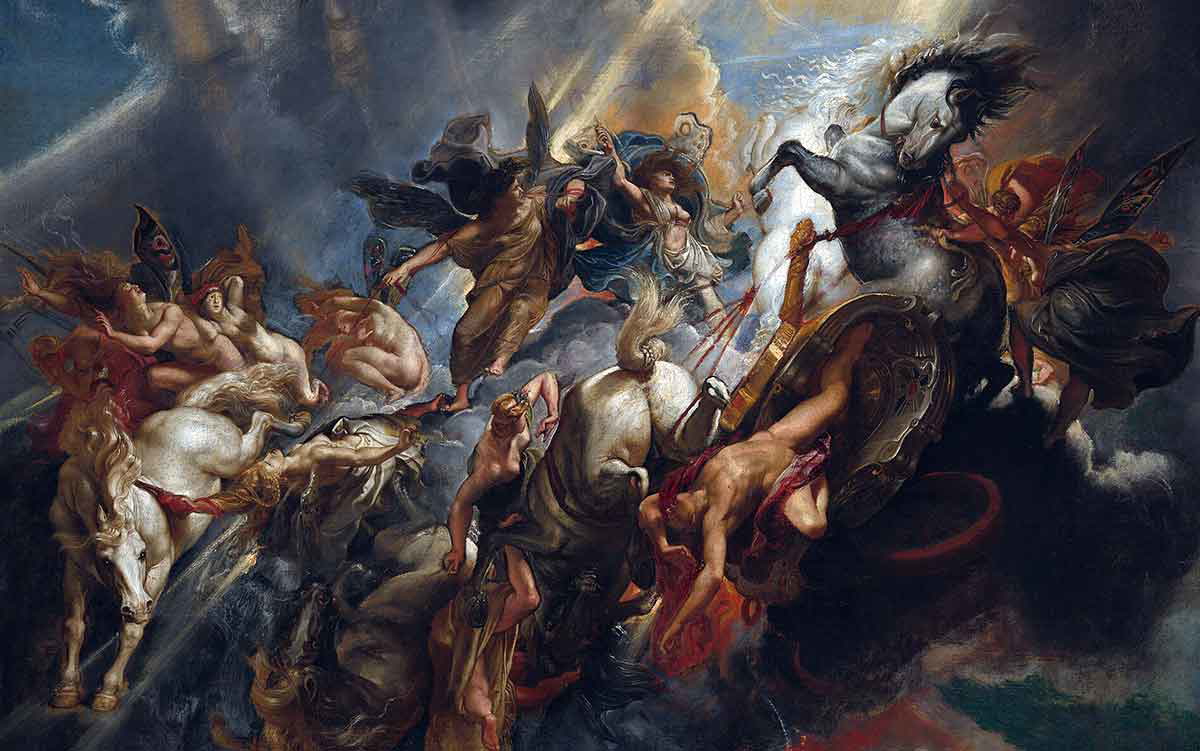
Xenophanes had a major impact on philosophy for years afterward, especially when it came to thinking about theology and theories of knowledge. Later philosophers—including the Eleatics, among them Parmenides—found his ideas appealing. That is because they doubted whether humans could ever truly “know” something (skepticism) and believed there should be no gods who look like people.
Parmenides is now seen as one of the most important figures in early Greek thought: somebody whose work falls between myth and critical thinking or science. He, too, was influenced by Xenophanes’ claims about what is possible to see or understand. His suggestion that there might be just one god who is immovable and unchangeable also affected him deeply.
After the Eleatic school, Xenophanes’ criticism of religious traditions and human understanding was picked up by philosophers such as Plato and Socrates. These thinkers also challenged things that everyone believed without thinking (Socratic inquiry), asking what knowledge really is.
Another example can be found in Plato’s theory of forms. He tried to make sense of abstract truths behind our flawed everyday experiences—something sparked by Xenophanes, too. It seems humans think gods are a lot like them!
In conclusion, Xenophanes made people move away from explaining things with myths and towards using logic. He was also interested in what we could learn. This shift away from Homerian-Hesiodic gods and curiosity about reality may have helped sow seeds for an early science-minded approach to the world around us.
So, What Is Xenophanes’ Legacy in the Critique of Religion?
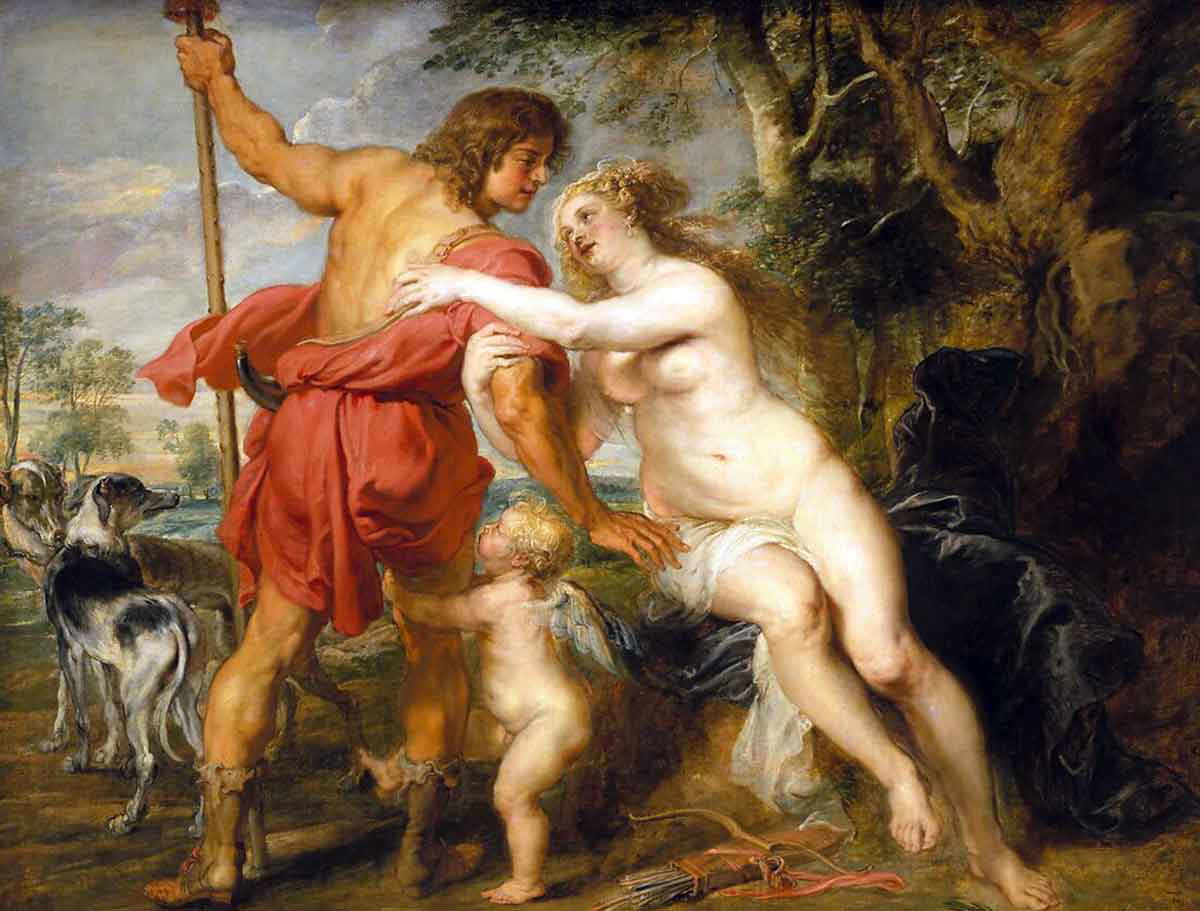
Xenophanes was remembered for his fearless criticism of gods who were too human and for his doubt about what humans could ever really know. His ideas shook up ancient Greek religious beliefs by suggesting there might be a god without faults or feelings like ours—a radical notion at the time.
In saying this, Xenophanes also cast doubt on whether we can understand anything divine at all—an idea that has since become basic to Western philosophy. He influenced at least two other major thinkers, Parmenides and Socrates.
So, although he himself did not develop these new ways of thinking further, it is fair to say that Xenophanes opened up fresh lines of thought about reality, knowledge, and the nature of deities. He made a difficult transition period from mythological to rational belief systems significantly easier for those who came after him.
